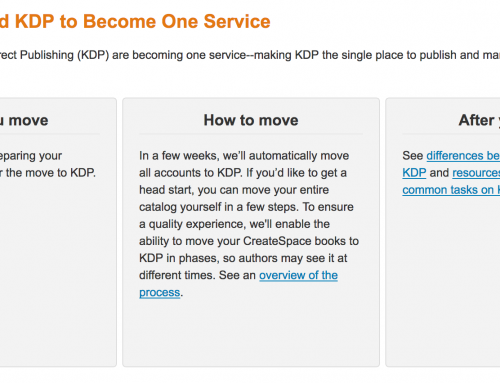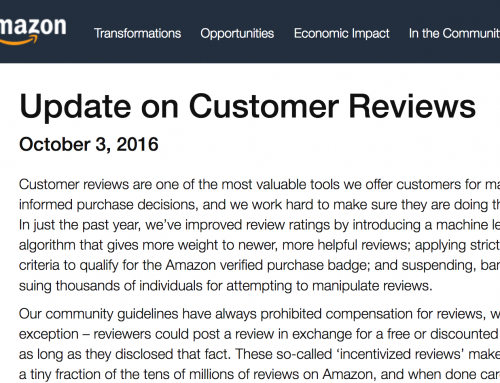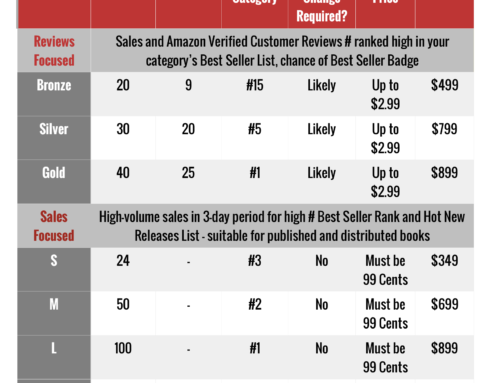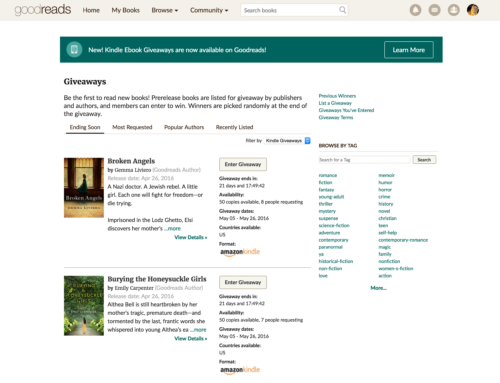Cross-posted at Mick Rooney’s blog.
One of the biggest criticisms of the self-publishing service model of business is the distinct lack of direct sales representation to high street stores for these kinds of books, rendering few self-published books real shelf space. While the stigmas of self-publishing may be gradually lifting over the past few years, book retailers are more comfortable with the tried and trusted method of dealing on a weekly basis with a sales representative. Their purpose is to ‘sell in’ the latest new releases and back catalogue listings to the retail trade’s book buyers from the largest chain stores like Borders and Waterstones to the small family-owned independent bookstores. The sales representative is at the front-line of the publishers business and is key to the success of any kind of publisher who is serious about the business of selling books rather than services to authors. This is of particular importance when those book titles are specialized non-fiction and a distribution sales team can bring expertise beyond just the knowledge of book publishing itself. Some distributors are set up just to deal with self-help/spiritual books or academic titles and a distributor will often represent a dozen different publishers but all dealing in specific genres.
Many, if not most, self-publishing services publishing books for authors concentrate their attentions on book sales through on line mediums like Amazon.com, Borders.com and through their own on line website store. While the growth in on line sales and ebooks continues to increase year on year, it remains considerably less than 10%, even in the United States of America. So when a self-publishing service can put in place a dedicated sales team to sell books to brick and mortar stores—that is something self-publishing authors need to take serious note of when choosing a service, particularly if they have a book with wide appeal. Writing a good marketable book is one thing and a great achievement in itself, but getting it to the attention of your potential reader is an entirely different hurdle. Yes, there are media reviews, particularly newspapers and magazines, but there is no hard and fast way to tell what benefit reviews have on furthering the sales of a book. The strongest method the publisher has is media advertisements and their sales distribution team. No serious publisher can stand much hope of achieving large and significant sales of a title without these. There are of course exceptions—a well run and targeted viral campaign can work, but it takes expertise and an author with a strong on line presence.
I reviewed Matador, the self-publishing imprint of Troubador Publishing some months ago—you can see the review here. They have launched a direct sales representation to sell their self-published titles to retail bookshops in the UK. Star Book Sales will represent 150 of Matador’s leading titles with a team of eight professional book representatives up and down the UK each year. Based in Exeter, Star Book Sales already represent a number of other independent publishers including Cadmos Books, Redcliffe Press, Evans Mitchell Books, Parker House Publishing and Leonardo Publishing. Troubador Publishing’s Managing Director, Jeremy Thompson, contacted POD, Self-Publishing & Independent Publishing with information about this new development:
This really is excellent news for us and our authors, and is an important step in our commitment to provide quality self-publishing services under our Matador imprint. The retail industry has always had sales reps, whatever sort of product is being sold, and for good reason. A sales rep knows the product, can sell one-to-one to a retailer, and has the logistical back-up to ensure orders arrive promptly. I don’t think the influence that a sales rep has on what a retailer buys for stock should be underestimated.
The problem of course is that retailers don’t like taking risks and, historically, the stumbling block for self-published authors has been that retailers have been reluctant to stock self-published titles. This has been partly because the quality of many self-published books has been poor (content and presentation), and because people have erroneously assumed that all self-published books are printed ‘on demand’ – certainly not the case for most of Matador’s titles. But attitudes to self-publishing are changing, and companies like Matador are demonstrating that good quality self-published books can hold their own in the books trade.
People have erroneously assumed that all self-published books are printed ‘on demand’ – certainly not the case for most of Matador’s titles. But attitudes to self-publishing are changing, and companies like Matador are demonstrating that good quality self-published books can hold their own in the books trade.”
Matador already use Orca Book Services for its book distribution and with the addition of Star Books for its sales representation. It sees them well placed not only in the self-publishing book market, but the book market in general.
Matador is a selective self-publisher in what books it takes on and in 2008 published 150 new titles, with 200 titles scheduled for 2009. They recently celebrated 10 years in the business at the recent London Book Fair in April and continue to test the boundaries of self-publishing, including bucking the trend with many more titles produced through off-set print runs rather than the print-on-demand digital set-up used by many other author solution services. In researching author solution services, I’ve found the off-set print runs more common with UK companies than those companies based in the USA.
You can see the Matador press release here about the launch of their direct sales distribution to bookstores.
Get an Editorial Review | Get Amazon Sales & Reviews | Get Edited | Get Beta Readers | Enter the SPR Book Awards | Other Marketing Services






















Leave A Comment